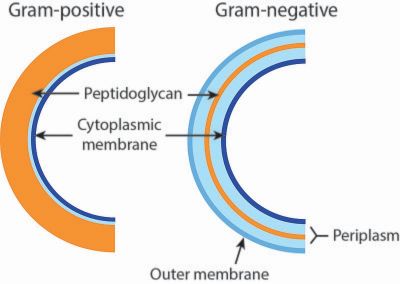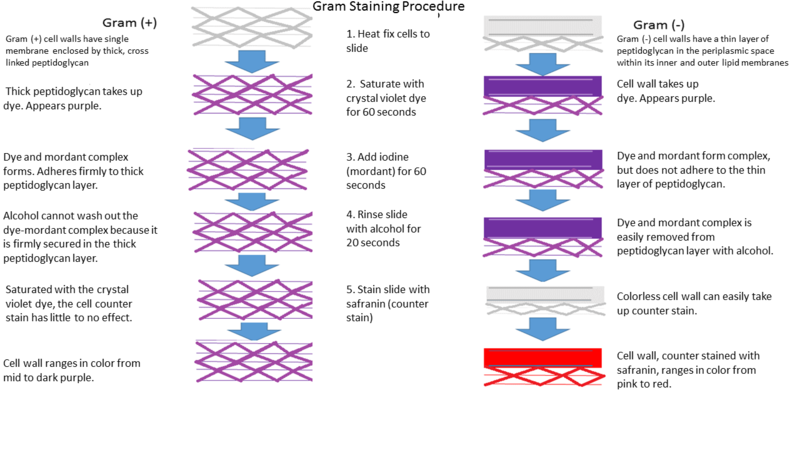Keys for Tropical Medicine 1
Overview of Tropical Medicine
Definition of the tropics
- Between the Tropic of Cancer (north latitude 23°26′) and the Tropic of Capricorn (south latitude 23°26′)
- Covers 40% of land surfaces and 40% of population
Top 3 causes of death in LMICs, HICs and worldwide in 2016
*Bold names are communicable diseases
| Worldwide | LMICs | HICs |
|---|---|---|
|
|
|
Changes of top 10 causes of death worldwide from 2010 to 2016
- Tuberculosis ranked down to the 10th in 2016 from the 6th in 2010
- HIV/AIDS ranked down out of 10 in 2016 from the 7th in 2010
List Neglected Tropical Diseases (NTDs) and what are not listed as NTDs
| Virus |
|
|---|---|
| Bacteria |
|
| Protozoa |
|
| Parasites - Nematodes |
|
| Parasites - Trematodes |
|
| Parasites - Cestodes |
|
| Ectoarasites |
|
| Fungi |
|
| Non-communicable |
|
- These are NOT listed as NTDs
- HIV/AIDS
- Tuberculosis
- Malaria
- Lower respiratory infections
- Diarrhea
Virus
Two major classification manners of viruses
- RNA virus vs DNA virus
- Enveloped virus vs Non-enveloped virus
Diagnostic methods of virus infection
- Detection of pathogen
- Genome detection by PCR and other NAATs (nucleic acid amplification tests)
- Antigen detection by ELISA and immunochromatography, etc.
- Virus isolation using human/animal cells
- Detection of antibody
- IgM or IgG by ELISA and immunochromatography, etc.
- Neutralizing antibody using human/animal cells
Definition of arboviruses
Classification of major arboviruses and their major vectors
Warning signs of severe dengue
List of Vaccine-preventable arbovirus infections
Essential knowledge of HIV
Bacteria
Biological basis of Gram staining
- Bacteria have both of cell wall and cell membrane
- Human and other animal cells have no cell wall
- Plant cells have cell wall
- Some bacteria have thick cell wall without outer membrane
- Other bacteria have thin cell wall with outer membrane
- Cell wall contains a layer of Peptidoglycan
- Thick peptidoglycan layer catches and keep crystal violet with iodine
- Outer membrane catches crystal violet with iodine but easily lose them by ethanol rinsing
Classification of major Gram-Positive cocci
| Catalase Positive in tubes |
Coagulase Positive in tubes |
Coagulase Negative in tubes |
||||
|---|---|---|---|---|---|---|
|
|
|||||
| Catalase Negative in tubes |
α hemolytic (partial hemolysis) on media |
β hemolytic (complete hemolysis) on media |
γ hemolytic (no hemolysis) on media |
|||
|
|
|
||||
Classification of major Gram-Positive bacilli
| Spore forming | Non-spore forming | |
|---|---|---|
| Aerobic |
|
|
| Anaerobic |
|
|
Classification of major Gram-Negative cocci
Classification of major Gram-Negative bacili
| Lactose fermenting |
|
|---|---|
| Non-lactose fermenting |
|
| Non-fermenting |
|
Essential knowledge of Tuberculosis
- Bacterial structure different from other major bacteria
- Too thick lipid-rich cell wall; acid fast
- Epidemiology and disease burden
- Three species causing clinical tuberculosis
- Mycobacterium tuberculosis
- M. bovis
- M. africanum (only in Africa)
- Airborne transmission
- No contact/fomite transmission
- Contaminated milk ingestion may cause food-borne tuberculosis by M. bovis (bovis means cow)
- Three major Symptoms
- Cough for weeks
- Weight loss for weeks
- Night sweats for weeks
- Diagnostic methods
- sputum microscopy (Ziel-Nielsen staining)
- genome detection by GeneXpert (also detects resistance)
- culture (6-8 weeks)
- chest X-ray
- urine LAM assay
- Mantoux test and IGRA for latent infection
- Potential of long-term (months, years to decades) infection
- Human immune system cannot eliminate established infection but only contains (just to 'hide' Mycobacterium)
- HIV-Tb co-infection is soooooo major public health problem
- Treatment
- 6 months (2 intensive + 4 maintenance)
- Definition of drug resistance
- MDR
- XDR
Protozoa
How protozoa differ from bacteria
Classification of major protozoa in terms of reproduction manners and infecting organs/cells
Essential knowledge of malaria
- Epidemiology and disease burden of malaria worldwide
- Especially of Plasmodium falciparum
- Essential lifecycle
- Mosquito stage
- Human liver stage
- Human red cell stage
- Only P. vivax and P. ovale have hypnotic stage in liver cause relapse
- All species cause recrudescence due to inadequate/improper treatment
- Fever, Anemia, Splenomegaly
- Cerebral malaria almost only by P. falciparum, which leads to high mortality
- Diagnosis made by Rapid Diagnostic Test (RDT) and Blood smear microscopy (Giemsa staining)
- Blood smear includes thick smear (just to detect Plasmodium) and thin smear (confirm species of Plasmodium and degree of parasitemia as disease severity)
Parasite
Major classification of parasites
- Helminth
- Nematode (round worm)
- Trematode (fluke, distoma)
- Cestode (tape worm)
- Ectoparasite
Zoonosis
Definition of Zoonosis
List of major zoonoses and their host animals
| Disease | Pathogen | Host animals | |
|---|---|---|---|
| Virus | Ebola virus disease | Ebolavirus | Fruit bat |
| Marburg disease | Marburg virus | Fruit bat | |
| Middle East Respiratory Syndrome (MERS) | MERS coronavirus | Camel <- Bat? | |
| Severe Fever with Thrombocytopenia Syndrome (SFTS) | SFTS virus | Deer, wild bores | |
| Bacteria | Anthrax | Bacillus anthracis | Herbivore (cattle, sheep, goat) |

